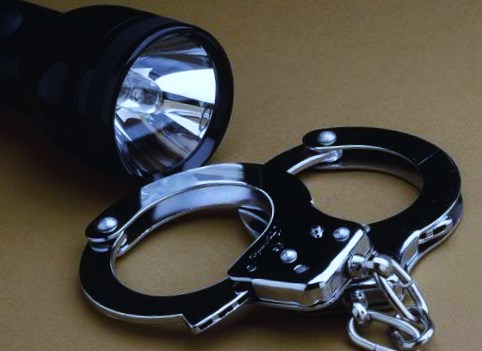Last year, there were a record number of exonerations in the United States, according to a report released last week by the National Registry of Exonerations.
The Registry recorded 87 exonerations that occurred in 2013. The
next highest total was in 2009, with 83 known exonerations, and the difference is bound to grow as we learn about additional exonerations that occurred in 2013.1, according to the Registry.

Among those exonerated are Dewey Jones for a 1993 murder in Akron, Ohio, according to the Registry.
The Registry was started in May 2012, as a joint project of the University of Michigan Law School and the Center on Wrongful Convictions at Northwestern University School of Law.
The ten states with the most exonerations in 2013 were, in order: Texas, Illinois, New York,Washington, California, Michigan, Missouri, Connecticut, Georgia, and Virginia, according to the Registry.
Since keeping track of exonerations, the Registry now lists 1,304 exonerations, from 1989 to February 3, 2014.
The 87 known exonerations in 2013 reflect several long term trends in exonerations in America, according to the Registry report.
Here are other findings from the Registry report:
- The number of DNA exonerations continued to decline slowly, as it has for most of the past decade, while the number of non-DNA exonerations rose sharply.
- The number of exonerations in which DNA played any role has dipped from 23 in 2005, to 20 in 2012, to 18 in 2013.2
- In the same period the number of non-DNA exonerations rose from 34 in 2005, to 59 in 2012, to 69 in 2013.
- The net result is that DNA exonerations, which have always been a minority of known exonerations in the United States, were about a fifth of the total in 2013.
- Twenty-seven of the 87 known exonerations that occurred in 2013 – almost a third of the total – were in cases in which no crime in fact occurred.
- This is a record number that is likely to grow as we learn about more 2013 exonerations. Almost half of these no-crime exonerations were for non-violent crimes, primarily drug convictions.

